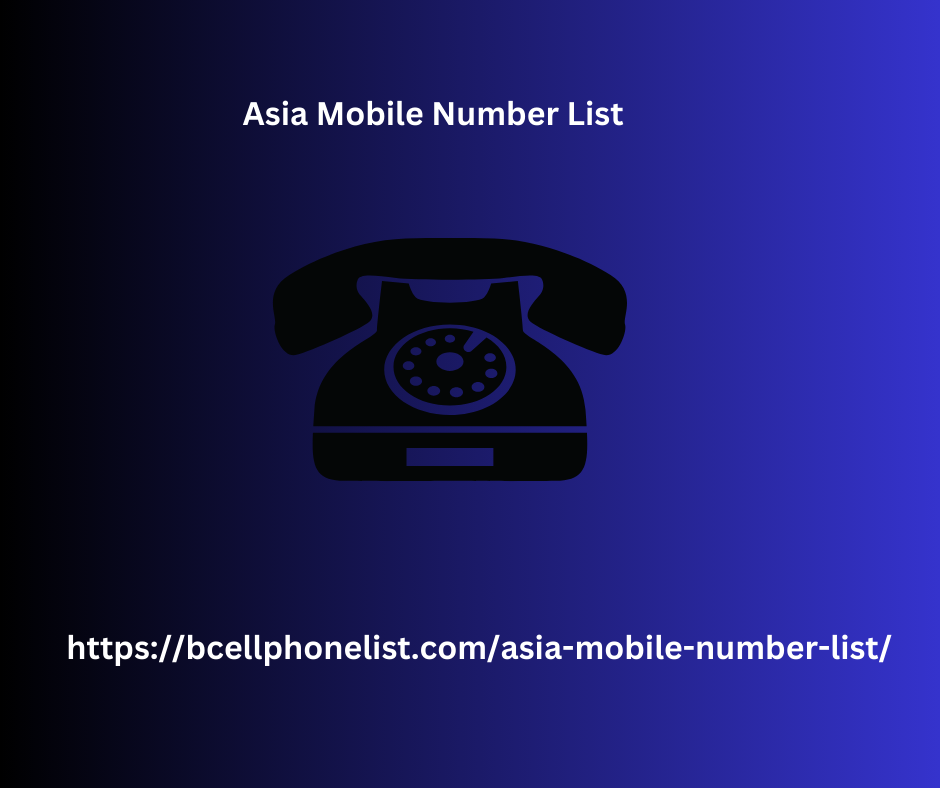|
|
Filter bubble - restrictions that are imposed on users due to personalization in search engines. This concept was introduced by Internet activist Eli Pariser in a Ted Talk. The most commonly cited quote to illustrate the filter bubble principle is Mark Zuckerberg's response to a question about the importance of the Facebook news feed: “A squirrel dying in your tree may be much more relevant to you than people dying in Africa.” Eli Pariser's book begins with a description of one day that became a turning point for search engines. This is December , That's when
Google introduces a new search system based on personalized filters. Asia Mobile Number List Eli Pariser sees problems with this approach to displaying information. One of them is that you may not even know about this mechanism. The only way to find out is to compare your own and another person's search results for the same query. An example of how two different users see search results: “Attractions” for different users Yandex results for the query “Attractions” for different users It turns out that search engines limit the user to his own interests.

result, the search engine user sees information that is already available about him in the search engine databases. For example, those who love to engage in online shopping are forced to constantly visit the same stores that lie “inside” their filter bubble. Impact of personalization on users Despite all of the above, such filters also have positive aspects. Without algorithms like these, users would often have a harder time finding the information they need.
|
|